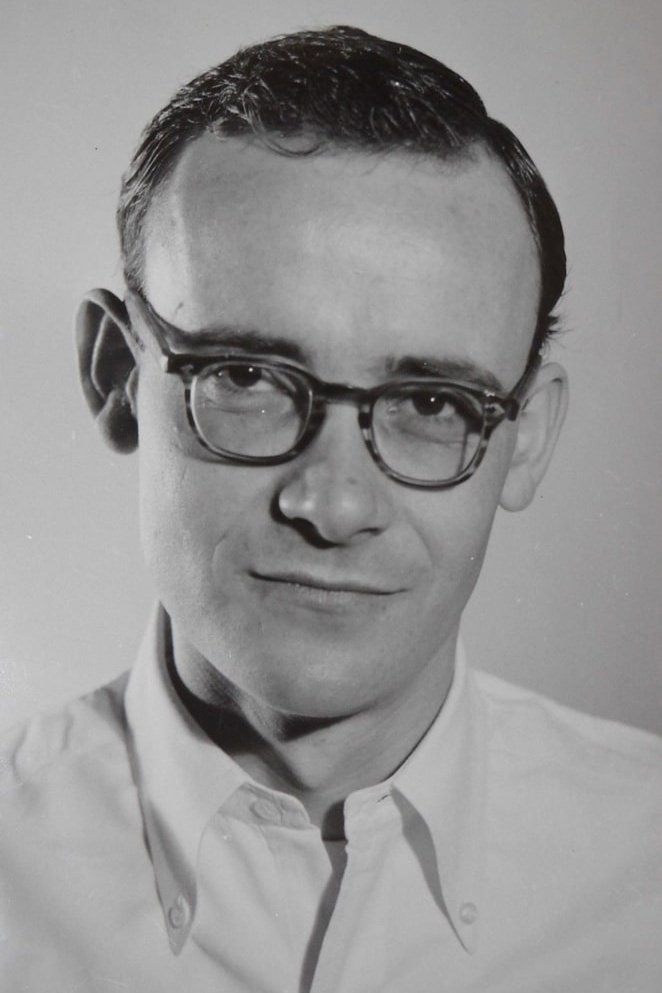
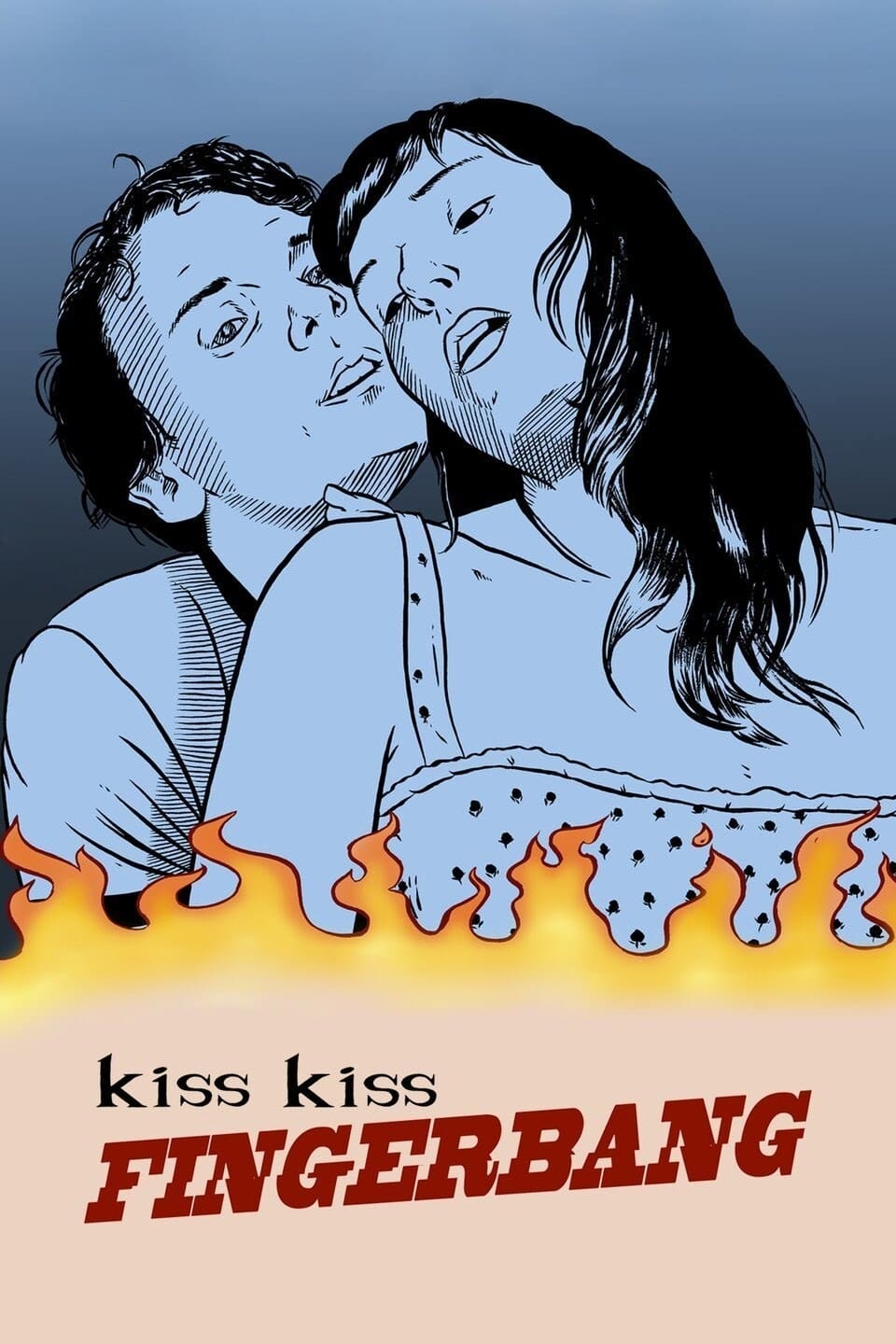
A nice guy discovers his dark side when his girlfriend reveals her secret weakness.
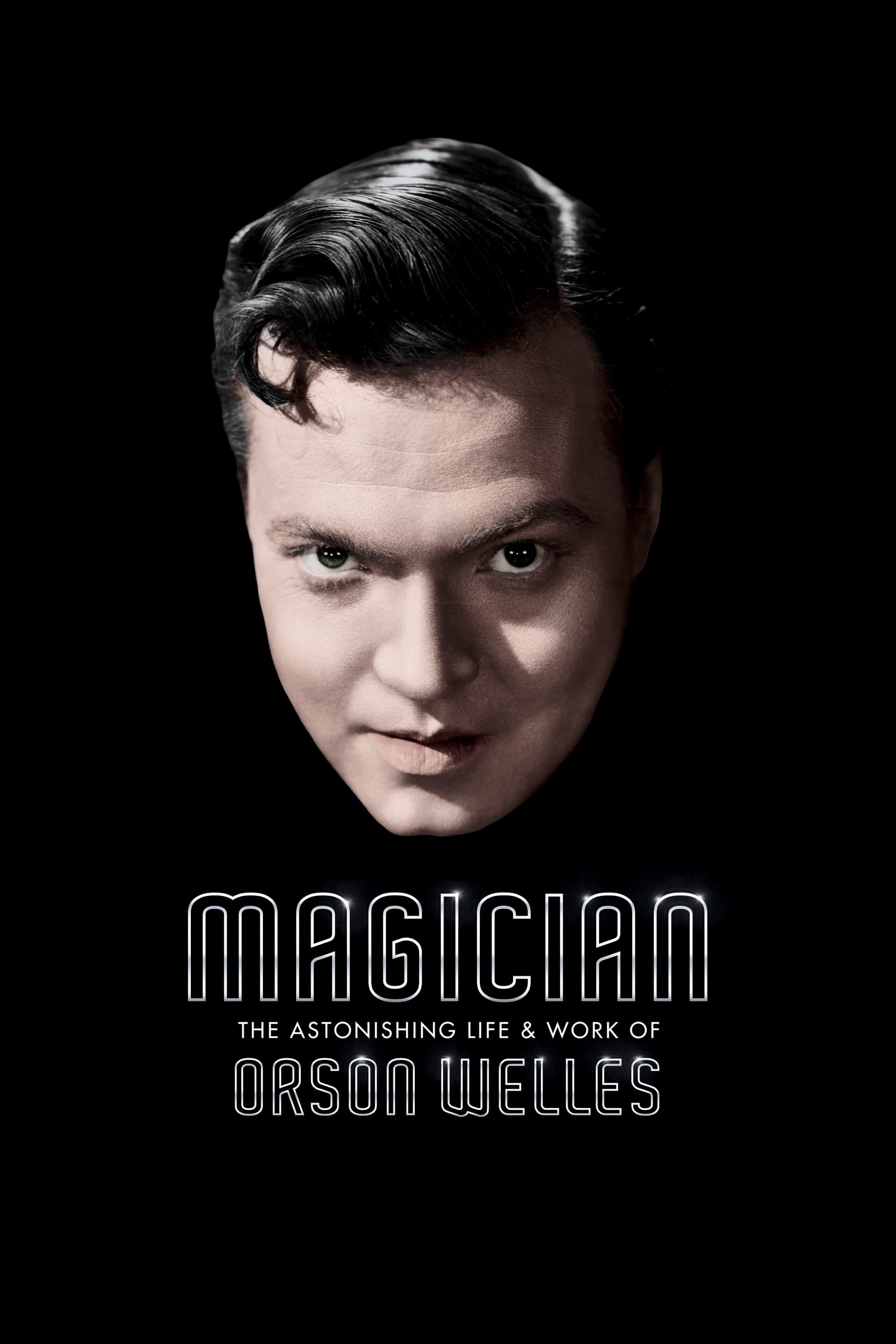
The extraordinary life of Orson Welles (1915-85), an enigma of Hollywood, an irreducible independent creator: a musical prodigy, an excellent painter, a master of theater and radio, a modern Shakespeare, a magician who was always searching for a new trick to surprise his audience, a romantic and legendary figure who lived only for cinema.
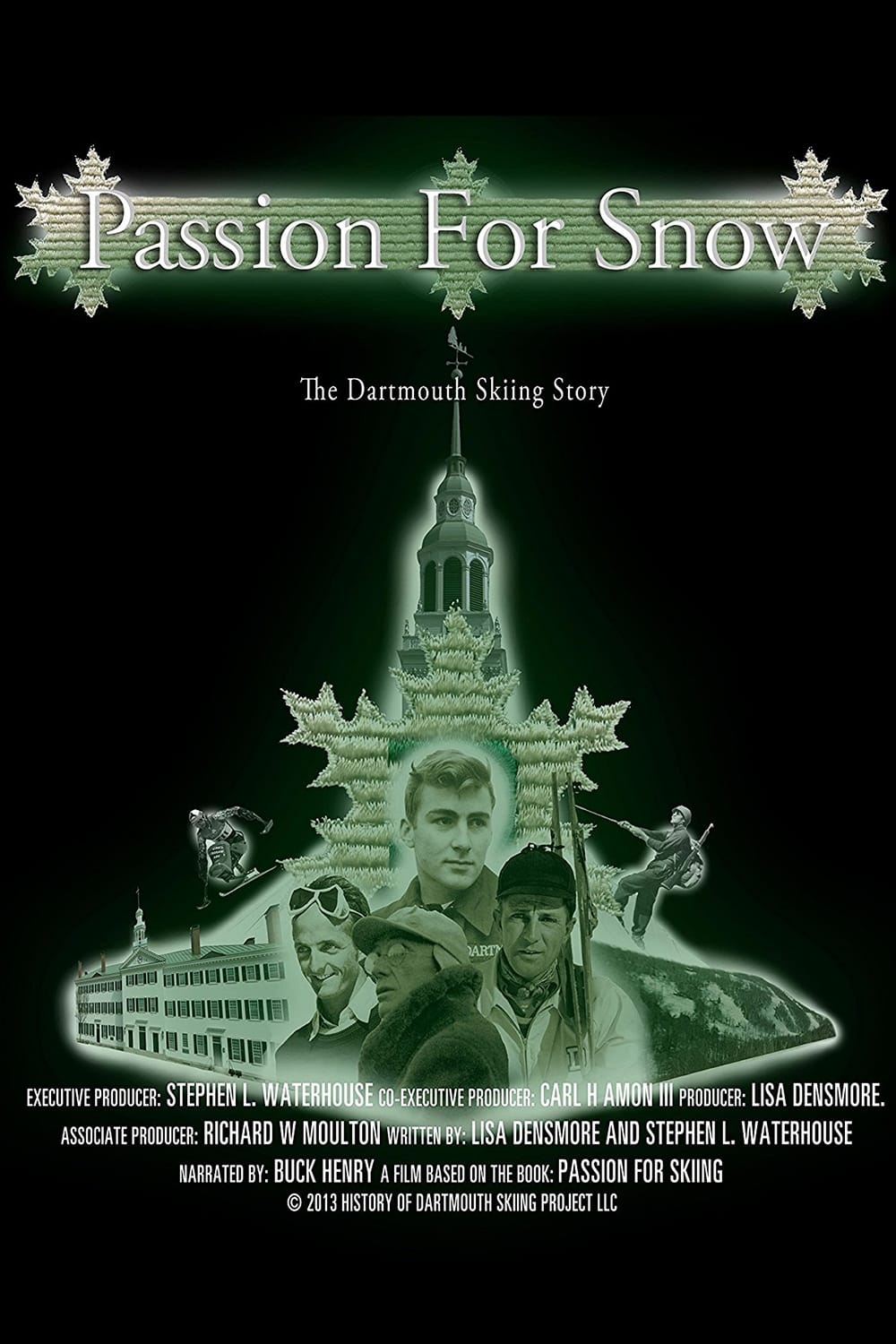
What do Daniel Webster, Dr. Seuss, C. Everett Koop, Robert Frost and 100+ Winter Olympians have in common? They all spent time at Dartmouth College, Hanover, NH where winters are long and snowy. Passion for Snow traces over 100 years of ski history in the United States with a focus on the many contributions of Dartmouth College and its alumni to the formation, growth and ongoing innovations in all aspects of snowsports. Passion for Snow combines firsthand accounts from early ski pioneers, veterans of the 10th Mountain Division, Olympians, members of the U.S. Ski Hall of Fame and top ski industry and resort executives, who explain how the most remotely located college in the Ivy League helped spawn a $25 billion industry, and continues to shape it today.
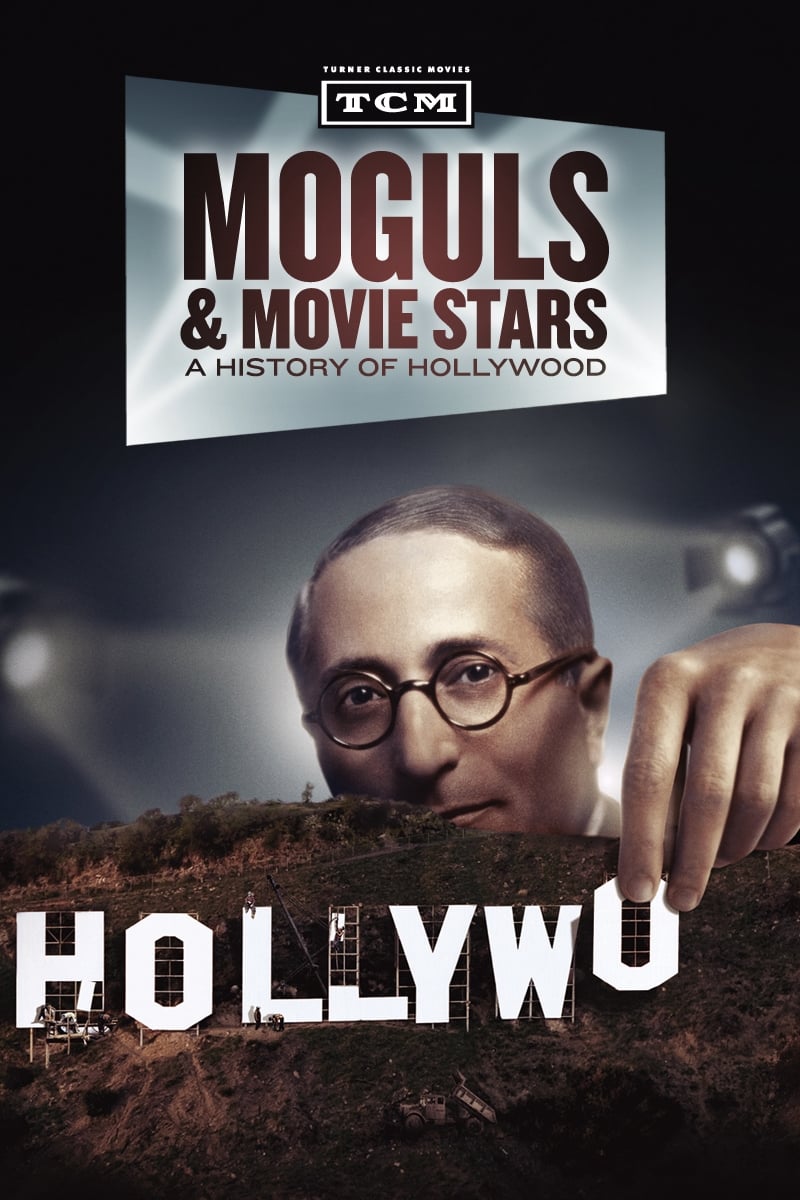
Each installment focuses on a different era of American movie history, from the invention of the first moving pictures to the revolutionary, cutting-edge films of the 1960s.

Chronicles the rise and fall of 1970s New York City nightclub Plato's Retreat.
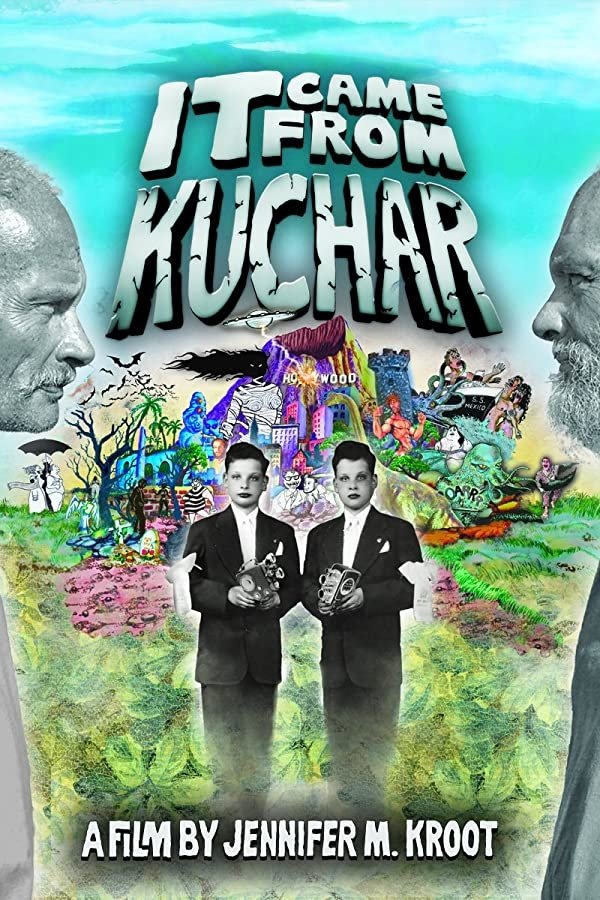
It Came from Kuchar is the definitive, feature documentary about the legendary, underground filmmaking twins, the Kuchar brothers. George and Mike Kuchar have inspired two generations of filmmakers, actors, musicians, and artists with their zany, "no budget" films and with their uniquely enchanting spirits.
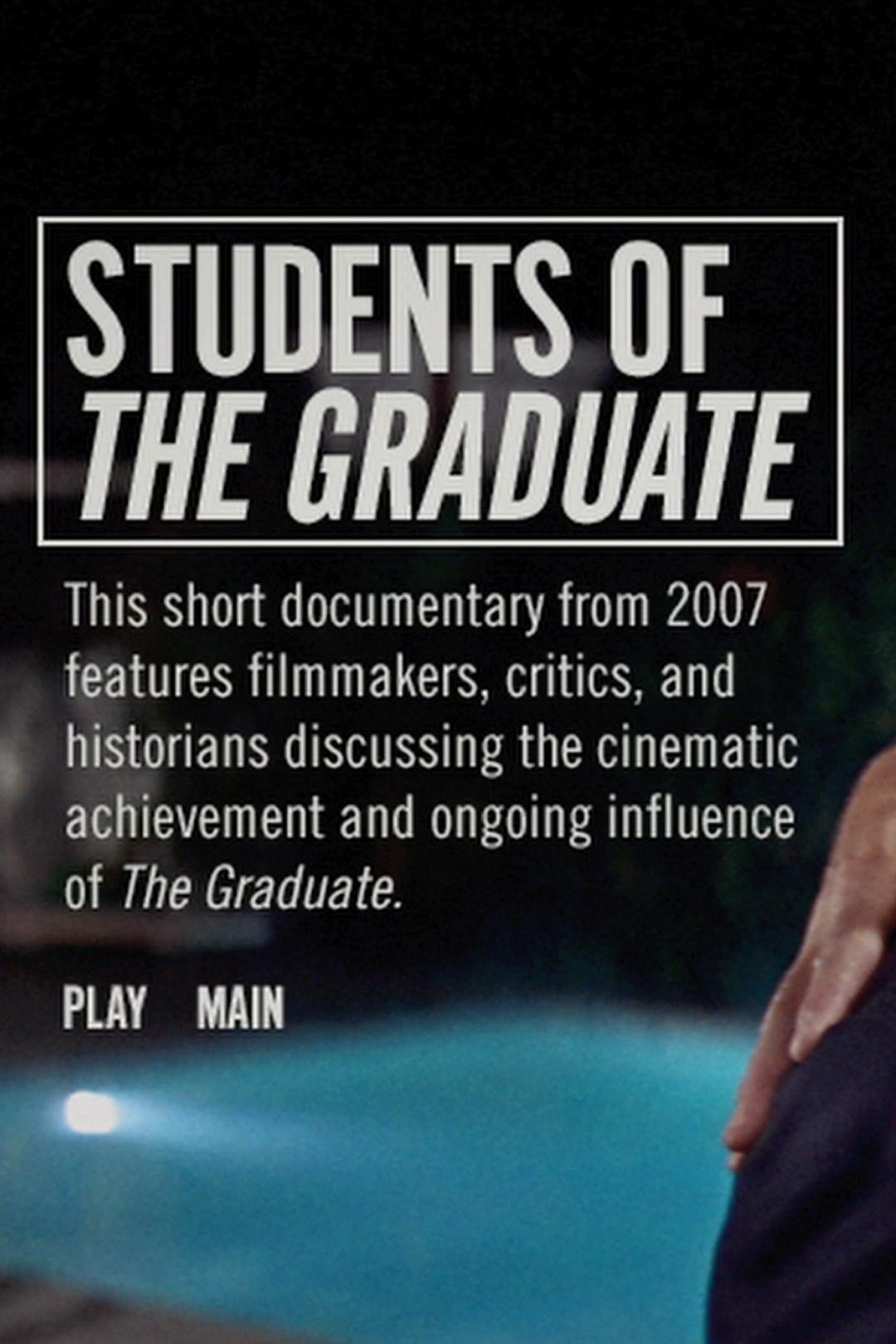
This short documentary from 2007 features filmmakers, critics and historians discussing the cinematic achievement and ongoing influence of "The Graduate."
illustrates how directors pushed boundaries and altered the art of filmmaking during the turbulent, swinging 1960s. Narrated by Woody Harrelson, "Reel Radicals" features clips from such seminal films as Arthur Penn's "Bonnie and Clyde" (1967); Mike Nichols' "The Graduate" (1967); Dennis Hopper's "Easy Rider" (1969); John Frankenheimer's "The Manchurian Candidate" (1962); Stanley Kubrick's "Dr. Strangelove" (1964) and "2001: A Space Odyssey" (1968); John Schlesinger's "Midnight Cowboy" (1969); Richard Brooks' "Elmer Gantry" (1960) and "In Cold Blood" (1967); and Norman Jewison's "In the Heat of the Night" (1967) and "The Thomas Crown Affair" (1968). Frankenheimer, Jewison, Hopper, Schlesinger, Penn, Buck Henry, Paul Mazursky, Roger Corman and Arthur Hiller are among the filmmakers who discuss the decade.
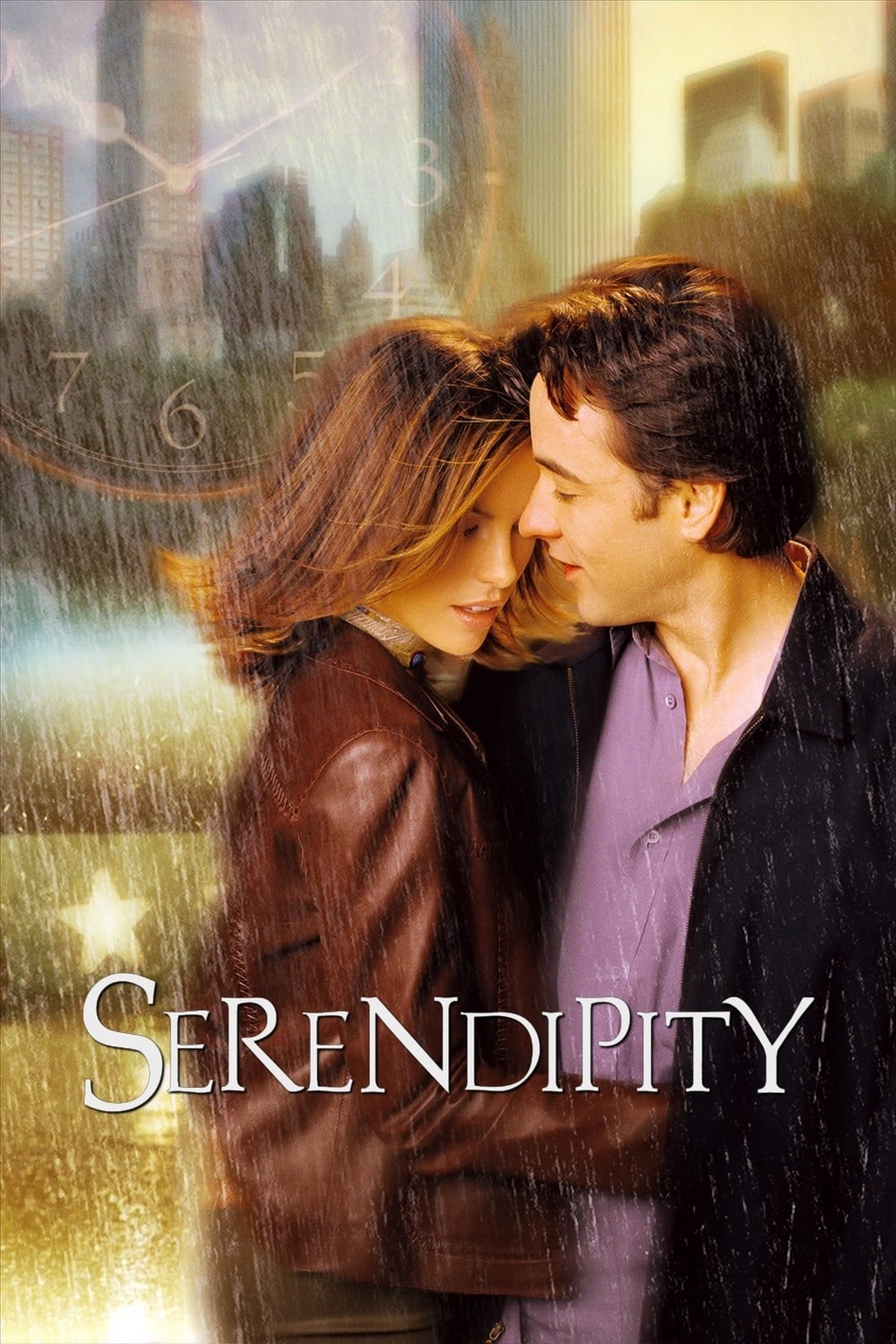
Although strangers Sara and Jonathan are both already in relationships, they realize they have genuine chemistry after a chance encounter – but part company soon after. Years later, they each yearn to reunite, despite being destined for the altar. But to give true love a chance, they have to find one another again.
Buck Henry (born Henry Zuckerman; December 9, 1930 – January 8, 2020) was an American actor, screenwriter, and director. Henry's contributions to film included, his work as a co-director on Heaven Can Wait (1978) alongside Warren Beatty, and his work as a co-writer for Mike Nichols's The Graduate (1967) and Peter Bogdanovich's What's Up, Doc? (1972). His long career began on television with work on shows with Steve Allen in The New Steve Allen Show (1961). He went on to co-create Get Smart (1965-1970) with Mel Brooks, and hosted Saturday Night Live 10 times from 1976 to 1980. He later guest starred in such popular shows as Murphy Brown, Hot in Cleveland, Will & Grace, and 30 Rock. He was twice nominated for an Academy Award, for Best Adapted Screenplay for The Graduate (1967) and for Best Director for Heaven Can Wait (1978) alongside Warren Beatty. Description above from the Wikipedia article Buck Henry, licensed under CC-BY-SA, full list of contributors on Wikipedia.
By browsing this website, you accept our cookies policy.